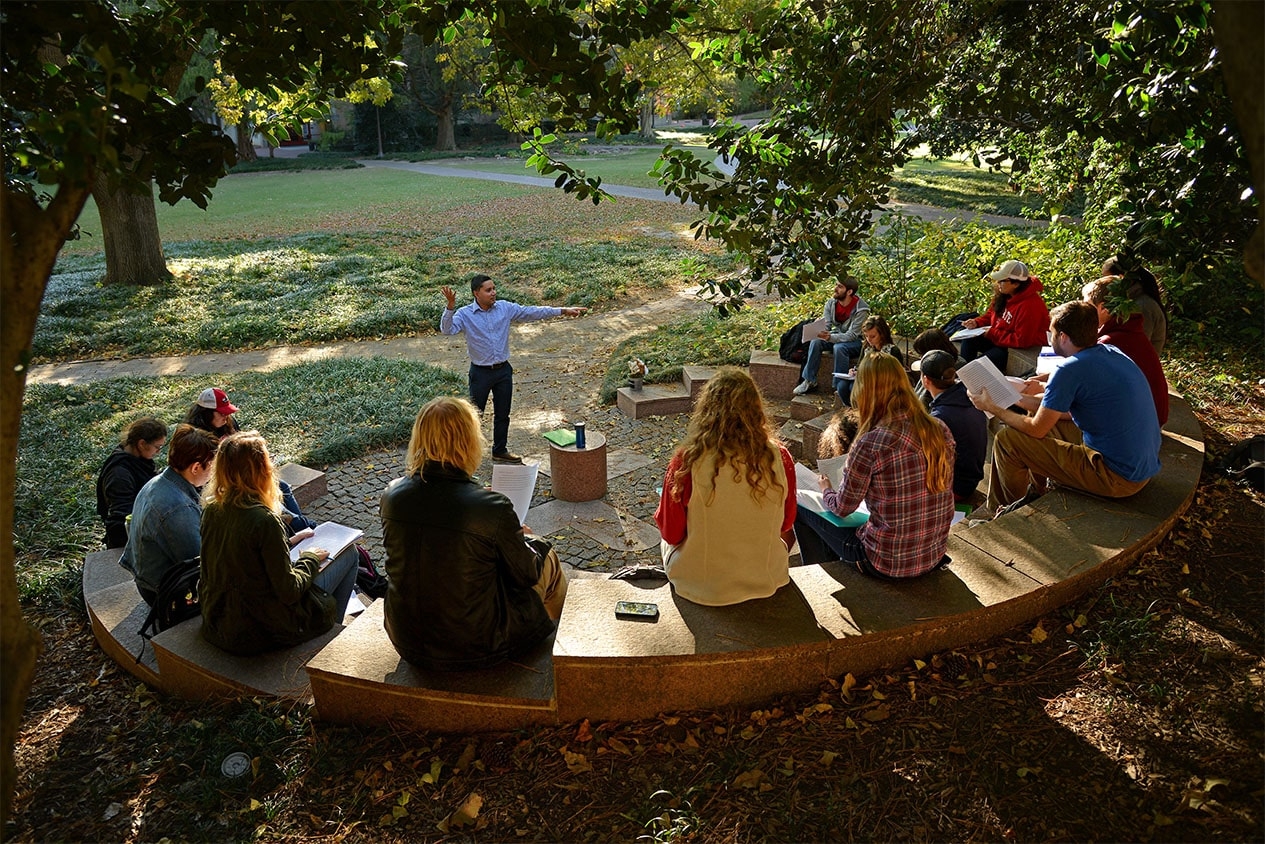Speaking Out for Women — at the United Nations


Becca Bishopric (Interdisciplinary Studies ‘11) and senior Anuja Acharya (Political Science and English) were fellows during the past year with WomenNC.org. They each spent time researching a topic dealing with rural women in North Carolina and wrote a paper on those findings. This week, they’re in New York presenting their research on women’s issues to the United Nations. The pair will represent WomenNC.org, a nonprofit organization that formed out of the United Nations Commission on the Status of Women. They will spend a few days attending U.N. workshops and seminars covering issues affecting rural women around the world. On Thursday, they will present their findings.
“In the past, there have not been a whole lot of youth going to this conference,” says Bishopric, who worked as a student at NC State to combat violence against women. “Part of what WomenNC is trying to do is to show that there can be young faces at these conferences. There are people who’ve been there who don’t necessarily have the same perspective as young people do in our world today.”
Bishopric, who has an interest in global public health, focused her research on human sex trafficking in North Carolina. She says research shows there are more slaves in the world today than ever recorded in human history and that the problem extends to North Carolina, where there are large proportions of homeless youth in rural counties.
It’s an issue, she says, that has gone ignored. “Nobody knows about it and nobody wants to talk about it,” she says. “But it really hit home to me that this is a huge problem.”

Acharya, a CHASS Dean’s Scholarship recipient, first gained an interest in politics in high school when she read George Orwell’s 1984. She researched political involvement of rural women in North Carolina and interviewed several women who have served, or run for state office.
One common response was that those women said they didn’t necessarily have political role models. And it had never occurred to some to even run for public office until a specific issue, like education, personally affected them. “The had issues they held some connection to,” Acharya says. “They had a strong sense of purpose.”
Both women are blogging about their experience this week for WomenNC.org. The organization selects four to five fellows each year who research issues the U.N. finds itself dealing with. Past issues have dealt with gender equality in Beijing, China, and women’s access to education, science and technology around the globe.
By Chris Saunders. Reposted from NC State’s Red and White for Life blog.

